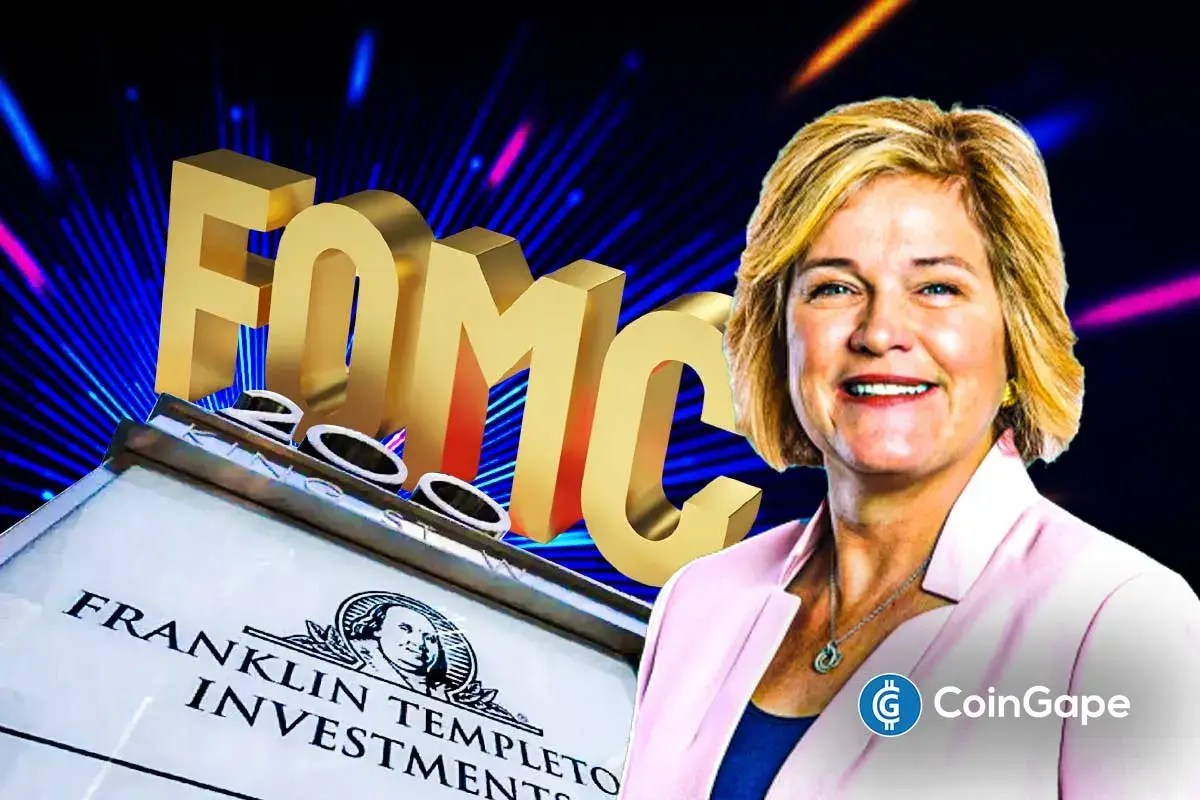Japan’s trade negotiator Ryosei Akazawa has canceled a visit to the United States (US) this week, Reuters reported on Thursday. Akazawa planned to visit the US on Thursday to talk about the financial details of Tokyo’s $550 billion investment package in exchange for reduced tariffs on imports from the world’s fourth biggest economy.
Key quotes
Market reaction
At the time of press, the USD/JPY pair was down 0.07% on the day at 147.31.
Tariffs FAQs
Tariffs are customs duties levied on certain merchandise imports or a category of products. Tariffs are designed to help local producers and manufacturers be more competitive in the market by providing a price advantage over similar goods that can be imported. Tariffs are widely used as tools of protectionism, along with trade barriers and import quotas.
Although tariffs and taxes both generate government revenue to fund public goods and services, they have several distinctions. Tariffs are prepaid at the port of entry, while taxes are paid at the time of purchase. Taxes are imposed on individual taxpayers and businesses, while tariffs are paid by importers.
There are two schools of thought among economists regarding the usage of tariffs. While some argue that tariffs are necessary to protect domestic industries and address trade imbalances, others see them as a harmful tool that could potentially drive prices higher over the long term and lead to a damaging trade war by encouraging tit-for-tat tariffs.
During the run-up to the presidential election in November 2024, Donald Trump made it clear that he intends to use tariffs to support the US economy and American producers. In 2024, Mexico, China and Canada accounted for 42% of total US imports. In this period, Mexico stood out as the top exporter with $466.6 billion, according to the US Census Bureau. Hence, Trump wants to focus on these three nations when imposing tariffs. He also plans to use the revenue generated through tariffs to lower personal income taxes.
Source: https://www.fxstreet.com/news/japans-akazawa-cancels-us-visit-to-finalise-investment-pact-reuters-202508280227


